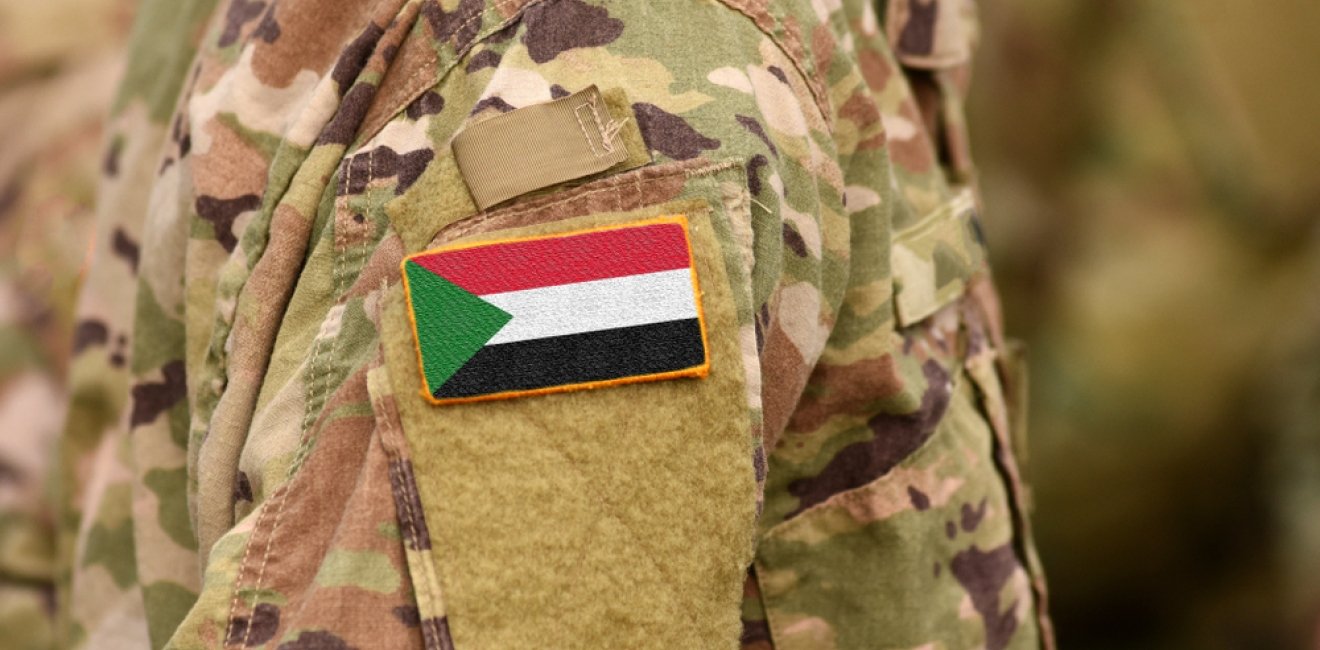Minutes after the announcement of President Donald Trump’s victory in the November elections, both warring sides in Sudan—the Sudanese Armed Forces (SAF) under General Abdulfatah Al-Burhan, and the Rapid Support Forces (RSF) of General Mohamed Hamdan Daglo, better known as Hemedti—hurried to congratulate the president-elect on X on his second win.
The conflict in Sudan has been raging for almost two years, with thousands killed and millions more forced to flee their homes. About 3 million have crossed the borders, while millions are expected to die of hunger if the international community does not intervene, making it the world’s biggest humanitarian crisis, according to the UN.
With the outgoing US administration and its weak actions towards the ongoing war in Sudan, many are not optimistic that the new administration will become more engaged.
The humanitarian issue has been politicized by both sides, especially by the de facto government in Port Sudan, which has often denied access to aid to those who need it most.
US and allies' roles in Sudan
The US and its allies in the region were quick to respond to the crisis in Sudan in 2023, initiating the Jeddah talks in the Saudi city only two weeks after the start of the war. But the talks were flawed; they focused on a ceasefire and opening humanitarian corridors, while ignoring the political issues that initially led to the crisis. Plus, it did not include input from the Sudanese people, political parties, the civil society and the other rebel groups who control huge swaths of the country. The two main objectives they aimed to achieve were never fully realized; the ceasefire signed in Saudi Arabia collapsed, with both sides accusing each other of violations.
The humanitarian issue has been politicized by both sides, especially by the de facto government in Port Sudan, which has often denied access to aid to those who need it most. Sometimes, the de facto government only granted short and temporary access to aid agencies after long negotiations while people were dying of hunger every day—and on one occasion, it even bombed areas declared to be facing famine, such as the Zamzam camp for internally displaced people in North Darfur State. The Zamzam camp was also targeted by the RSF, killing several people. In addition, it has been used by rebel groups fighting the army after being pushed out of some of their locations inside El-Fasher city in North Darfur.
Egypt is providing Sudan with weapons and political assistance, and as one of the main US allies in the region, it has contributed to hundreds of Sudanese deaths by supporting an Egyptian-backed air force. Thousands more have died due to weapons shipped by the UAE to the RSF, and the UAE is another strong US ally in the region. When former President Biden met with President Mohamed Bin Zayed Al-Nahyan of the UAE in September last year, the Biden administration released a statement claiming that both leaders agreed on a political, not military, resolution to Sudan’s crisis. But it remains unclear whether they discussed Sudan or the arming of the Rapid Support Forces, since reports from Chad suggest that the UAE continues to supply weapons to the RSF.
The US, on the other hand, has been viewed as an adversary; meanwhile, the de facto government re-established its relationship with Iran.
Competition with China and Russia
China and Russia have historically been allies of the Sudanese government, providing military and diplomatic support at the UN Security Council—especially during Omer El-Basher’s 30-year rule, which was considered an anti-West regime. This relationship has continued under the de facto government, which has been influenced by elements from the former regime, including Islamists, particularly since the outbreak of the latest war.
The US, on the other hand, has been viewed as an adversary; meanwhile, the de facto government re-established its relationship with Iran.
In November, Russia used its veto power to block any denunciation of the Sudanese government and the war crimes taking place in the country. The veto prevented the Security Council from calling for a comprehensive, nationwide ceasefire, increasing civilian protections, and ensuring unhindered humanitarian aid into and across Sudan.
Russia is supporting both warring sides, providing them with arms and military training, and the Sudanese government has, on several occasions, hinted that it might allow the Russians to build military bases on the Red Sea coast. This move has been considered a message to the US to provide support since Sudan has been discussing the possibility of allowing Russia to establish bases on the Red Sea ever since the coup deposed the civilian government led by Prime Minister Abdulla Hamdok in October 2021.
President Donald Trump’s business-oriented perspective, rather than a developmental approach, could be a drawback in relations with Sudan: the country is in unprecedented need of humanitarian and development assistance now, not a free-market business partnership. Despite Sudan being rich in resources and offering vast potential for companies to engage in economic cooperation, the ongoing war remains an obstacle.
During President Trump’s first term, the administration was mainly interested in persuading Arab states to sign the Abraham Accords.
Abraham Accords
During President Trump’s first term, the administration was mainly interested in persuading Arab states to sign the Abraham Accords. Sudan was one of four Arab countries to sign, along with Bahrain, Morocco, and the UAE. In return, Sudan was removed from the list of countries supporting terrorism. Sudan also had to pay millions of dollars to the families of the terror victims from the 1990s attacks in East Africa—which the country strongly denied—worsening its economy, increasing inflation, and leaving the government unable to pay worker salaries.
However, the final step to normalize relations with Israel didn’t occur, as Sudanese leaders wanted to ratify it through an elected parliament. In fact, the civilian government, headed by Hamdok, was not supportive of normalizing relations with Israel and was not consulted about the talks in Uganda in 2020 involving military leader General Abdulfatah Burhan. Then, nearly two years ago, war broke out between Sudan’s military leaders, freezing everything.
Now, while President Trump’s foreign policy remains uncertain, there are high expectations that he might try to persuade more Arab countries to join the Abraham Accords. Meanwhile, the army leaders in Sudan—the de facto rulers of the country—might take advantage of the eagerness to normalize relations with Israel to gain support against their rivals, the RSF, in the ongoing war.
The views expressed in these articles are those of the author and do not reflect an official position of the Wilson Center.








